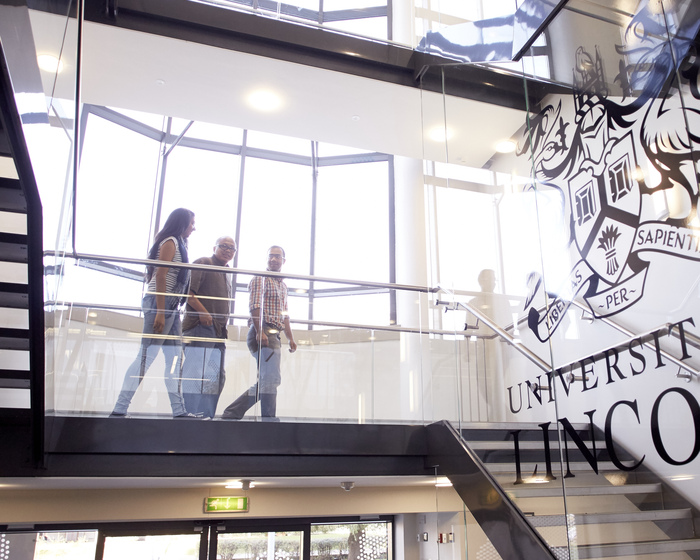Accreditations and Affiliations
The BSc (Hons) and MComp Computer Science and Games Computing degree programmes have been accredited by BCS, The Chartered Institute for IT. Accreditation is a mark of assurance that the degree meets the standards set by BCS. A full CITP accredited degree entitles you to apply for professional membership of BCS and meets the evidence of breadth of knowledge in the assessment for registration as a Chartered IT Professional (CITP).

/prod01/university-of-lincoln-cdn-pxl/media/responsive2017/images/course/coursebanner/UofL,Jan23,289,by,Electric,Egg,eggr3692.jpg )


